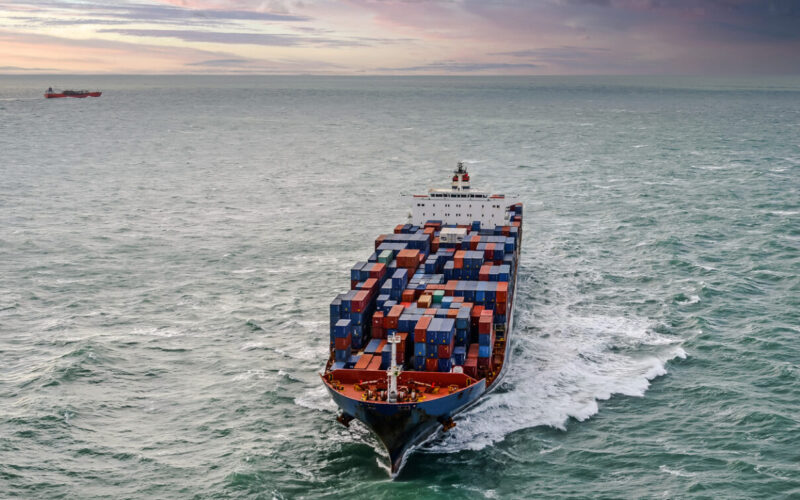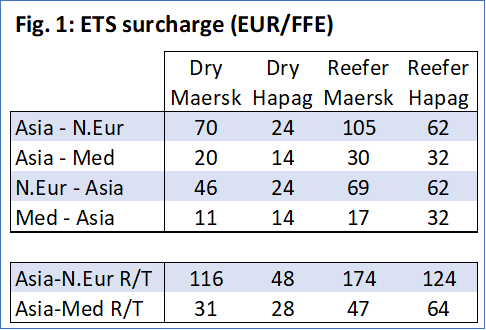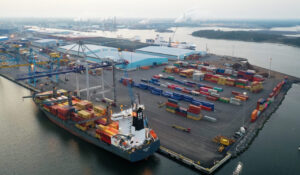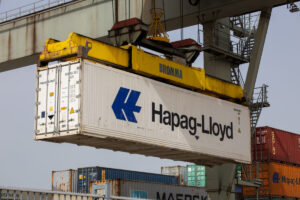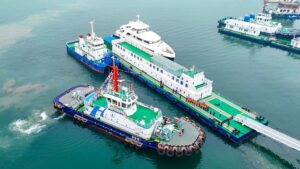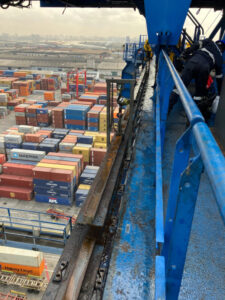According to a recent analysis conducted by Sea-Intelligence, carriers are prohibited by law from agreeing on a standard carbon surcharge formula, which would result in carrier misalignment.
With around three months until the introduction of carbon pricing by the European Union’s Emissions Trading System (EU ETS) kicks in, Sea-Intelligence anticipates surcharges will be expensive, while the precise cost is unknown.
Presently, only two carriers have in recent weeks announced indications of these coming surcharges: Maersk and Hapag-Lloyd.
READ: Hapag-Lloyd’s data conveys 29 per cent rise in cost inflation
Sea-Intelligence has found several methodological issues in calculating the cost of ETS per container, given how the EU regulators have defined the ETS and the hurdles in allocating it at a per-TEU level.
Carriers are prohibited by law from agreeing on a standard surcharge formula, which would result in carrier misalignment, according to Sea-Intelligence.
Maersk and Hapag-Lloyd’s new statistics are simply preliminary indicators, since they will only file formal data a month before implementation.
Alan Murphy, CEO of Sea-Intelligence, said: “It is no surprise that there are very large differences in the ETS surcharge across the two carriers.
“Even by looking at their relative levels, there is no pattern emerging, as for the North Europe trade, even on a roundtrip basis, Hapag-Lloyd is indicating an ETS surcharge quite a bit lower than Maersk, whereas for the Mediterranean trade, it is the reverse.
“We are in no way bashing the two carriers; they should be lauded for at least providing the beginning of cost transparency of the ETS. What it illustrates is that it will be incredibly difficult for shippers to get a good overview of this upcoming ETS cost.”

